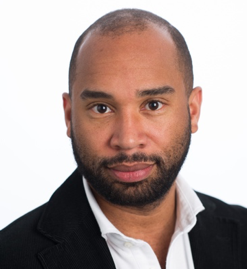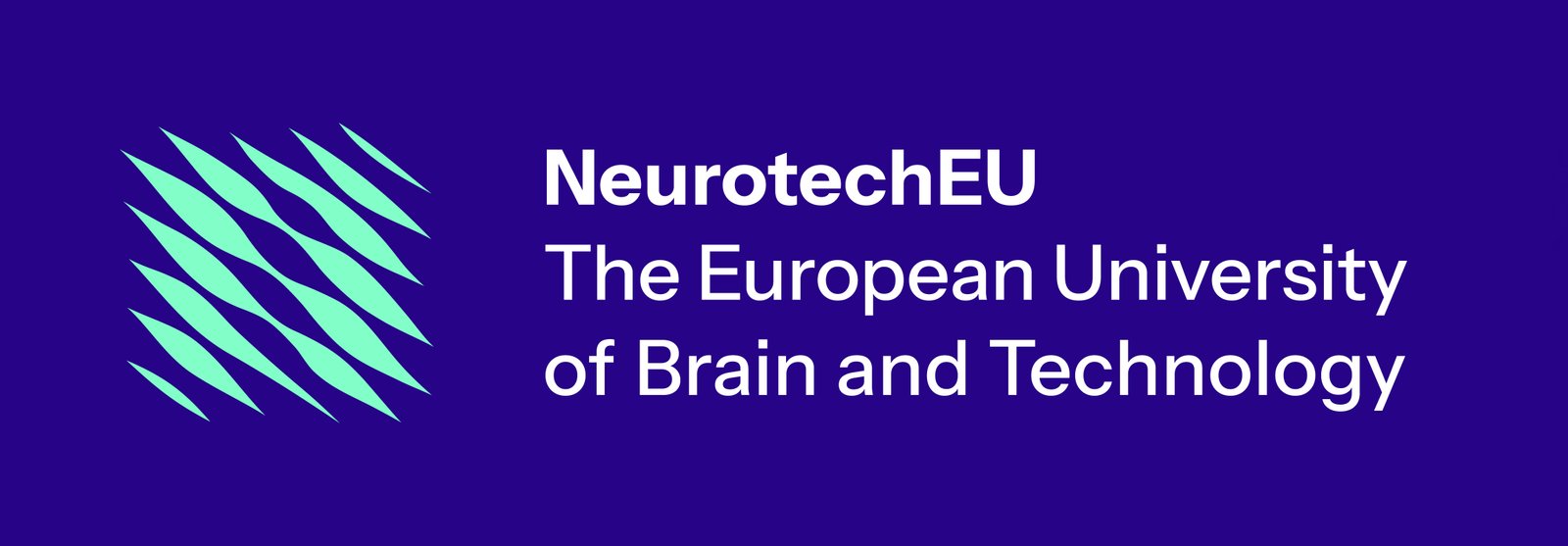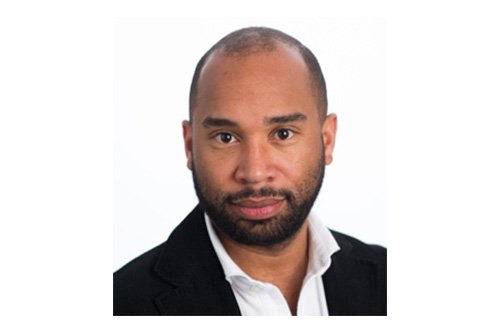Unleashing the Power of neurotechnology with Mathew Abrams from INCF
In the faces of NeurotechEU series, several people in the NeurotechEU alliance are interviewed to learn about their experiences and insights.
In the ever-evolving field of neurotechnology, Mathew Abrams stands at the forefront as the Director of Science and Training at the esteemed International Neuroinformatics Coordinating Facility. With a background in researching traumatic spinal cord injury, he has transitioned his expertise to drive advancements in collaborative neuroinformatics infrastructure and standards.

Immersing oneself in a different environment and seizing the opportunities these places offer can lead to proper growth and learning.
Mathew Abrams
You expressed your belief that neuroscience is the future, and I couldn't agree more. How can we further ignite students' interest in this field and make it more appealing and accessible?
Some emerging trends in AI, machine learning, data collection, and wearables are getting people interested in neuroscience. To make it more appealing and approachable for students, it is crucial to emphasise the intersection of neuroscience with other disciplines, such as technology, ethics, law, and psychology, so that students can grasp the significance and relevance of neuroscience in their lives. Hands-on experiences, such as laboratory work, research projects, and interactive demonstrations, can make the subject more exciting. Creating mentorship opportunities, organising neuroscience-related events, and fostering collaborations with industry professionals can also provide students with valuable insights and inspire their pursuit of neuroscience.
Neurotech is a game-changer, but we are at a juncture where the progress of technology is increasingly a negative influence on mental well-being. Social media, especially for young females, is causing problems. We need neuroscience to tackle mental well-being issues caused by technology. Wearable devices collect a lot of data, and we're not sure what companies will do with them. Neurolaw is a new field where neuroscience and law intersect.
The younger generation is eager to learn about neurotechnology and make a difference. Our task is to guide them in transitioning from perceiving neuroscience solely as the study of the brain to understanding the technical aspects of neuroscience and how they enable us to comprehend the intricacies of the brain through innovative tools. It's an exciting field to explore!
NeurotechEU is a collaboration between several prestigious European universities. What would you identify to a student as the most exciting aspect of it?
The most thrilling part of this project is the interdisciplinary collaboration among leading universities and the opportunity to receive a far-reaching education beyond what is traditionally available. I consider this aspect to be crucial, especially for us. Our top priority is enabling students to come here, witness, experience, and engage in various activities. We must observe and learn how things are accomplished.
Currently, we do not possess a dedicated technology department here. Therefore, our students who wish to delve into hardware and software must seek knowledge from other universities until we establish our resources. However, I firmly believe we should not need to create an entirely new department. As part of NeurotechEU, our purpose is to leverage the strengths of other universities and collaborate effectively. This is the most remarkable aspect for students. They can acquire knowledge and skills quickly, find necessary resources, and receive credit for their work. Since we are part of the NeurotechEU consortium, the process becomes much more straightforward and accessible for them.
What can be the biggest challenge for students in this project?
The main challenge in this project is seeing it as an ample opportunity. It's similar to studying abroad, which is what we're promoting here. However, some obstacles can prevent students from participating. Financial constraints and family responsibilities can make it difficult for them to participate. That's why we need to offer virtual and in-person options so that students with different limitations can still be involved.
Language barriers can also be challenging, but it's becoming less of an issue and shouldn't affect most students. However, instructors may have more difficulties in providing instruction. In some universities, the course content may only be available in the local language without translations or English alternatives. This means that students may be unable to enroll in a desired course if it doesn't have an English version. While it's theoretically possible to find classes taught exclusively in Swedish here, it's infrequent.
NeurotechEU brings together different universities, each offering unique strengths in various fields. However, it is widely acknowledged that Karolinska Institutet stands among the top institutions. How can you effectively encourage students to venture abroad and pursue their studies?
While our institution excels in medicine, we recognise the need to expand its expertise in neuroscience and technology. As an educator, I must advocate for my students' growth. To excel in these fields, they must be willing to step outside their comfort zones and explore opportunities beyond our institution.
Each university has its unique areas of specialisation that should be highlighted. By showcasing these strengths, prospective students can make informed decisions based on their career aspirations. They can evaluate which institution best aligns with their goals. Immersing oneself in a different environment and seizing the opportunities these places offer can lead to proper growth and learning.
Going abroad is not merely about acquiring specific knowledge or skills; it is a transformative experience. It allows individuals to expand their horizons and gain insights from diverse perspectives. By embarking on this journey, students open themselves to personal and professional growth that enriches their prospects.
What recommendations would you offer to a student from another university who wants to collaborate with Karolinska Institutet and engage in research alongside fellow students?
Approach the opportunity with a genuine eagerness to learn and contribute. Hard work is highly valued in Sweden, so putting in the effort can take you far. Familiarise yourself with your area of interest before starting the collaboration to make the most of your experience.
Connecting with researchers at different levels, including postdoctoral researchers, is beneficial. They can provide guidance and support, especially for new students in the field. Collaborating with postdocs over the summer can lead to active participation in real projects and even co-authorship on published papers. This collaborative approach can extend to master's theses, allowing students to work across different universities.
Starting as a summer student is often a great way to initiate future collaborations. While you may not have all the knowledge and skills initially, your willingness to learn, communicate effectively, and engage with your lab peers matters most. The research environment is conducive to learning, and researchers are willing to invest time and effort in training receptive individuals.
Embracing fresh ideas and diverse perspectives is essential for innovation. By integrating new approaches from collaborators at different institutions, you can expand your horizons, explore new possibilities, and will lay the foundation for a fruitful and rewarding experience in the research world.
If you could share a message with individuals holding positions similar to yours in other NeurotechEU universities, what would it be?
Engage actively and seek opportunities for collaboration with other institutions and universities. Utilise your network to its fullest potential and explore the resources that can be brought together. Recognise the value of integrating your initiatives into the NeurotechEU network. Participate and contribute your knowledge, ideas, and networks to drive progress. Involve as many groups as possible, including those you have collaborated with, to foster awareness and engagement with NeurotechEU. When opportunities arise, integrate them within NeurotechEU rather than conducting them in isolation.
Continue engaging in discussions and pose the final question to administrators and department directors: "How can we make it work?" Encourage them to think deeply and consider the advantages and contributions they can bring. Remember that the framework provided is just the starting point; your collective effort will determine its success. Let us invest ourselves fully to ensure its realisation.
By: Krisztina Csiba, University of Debrecen

